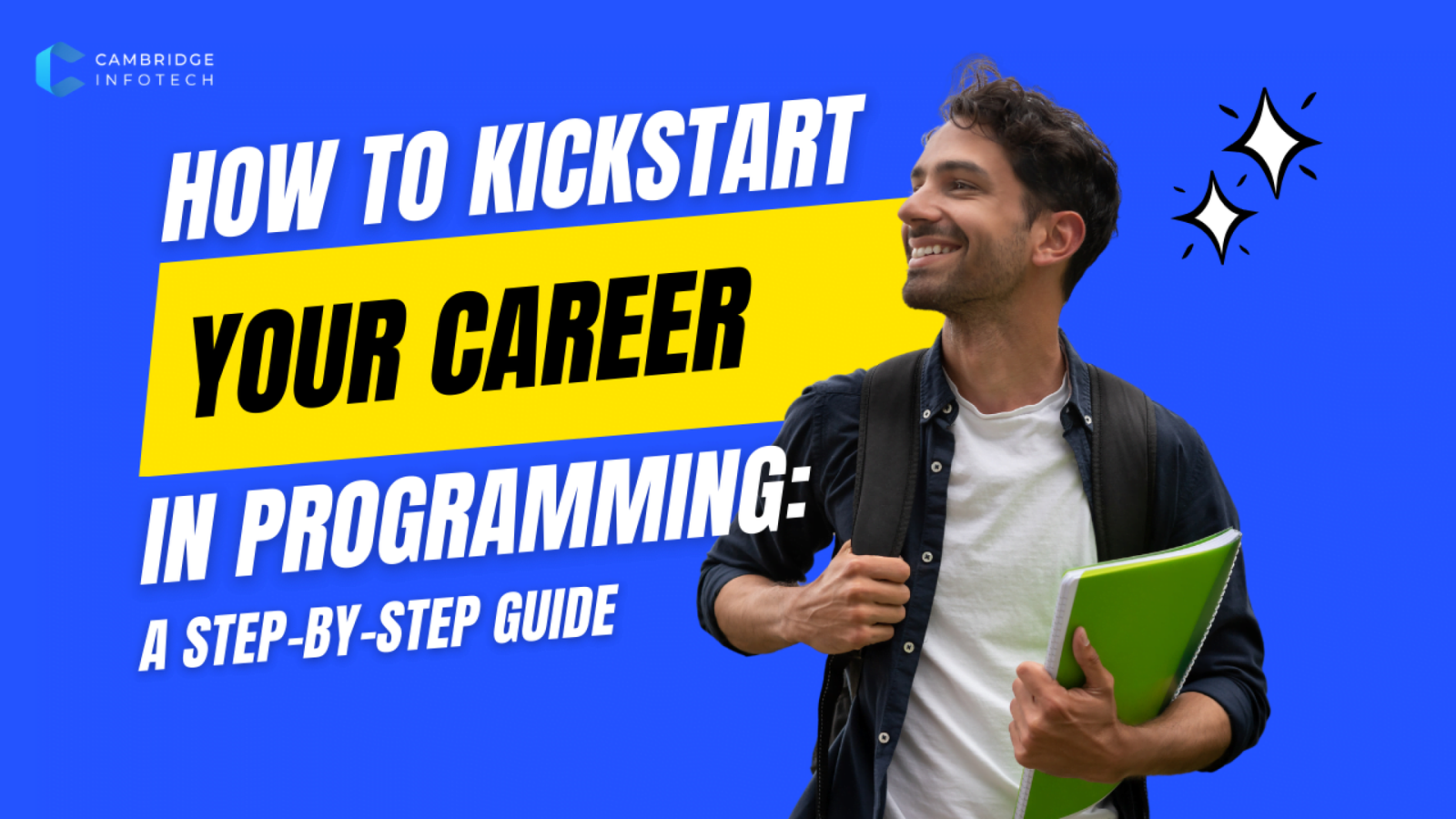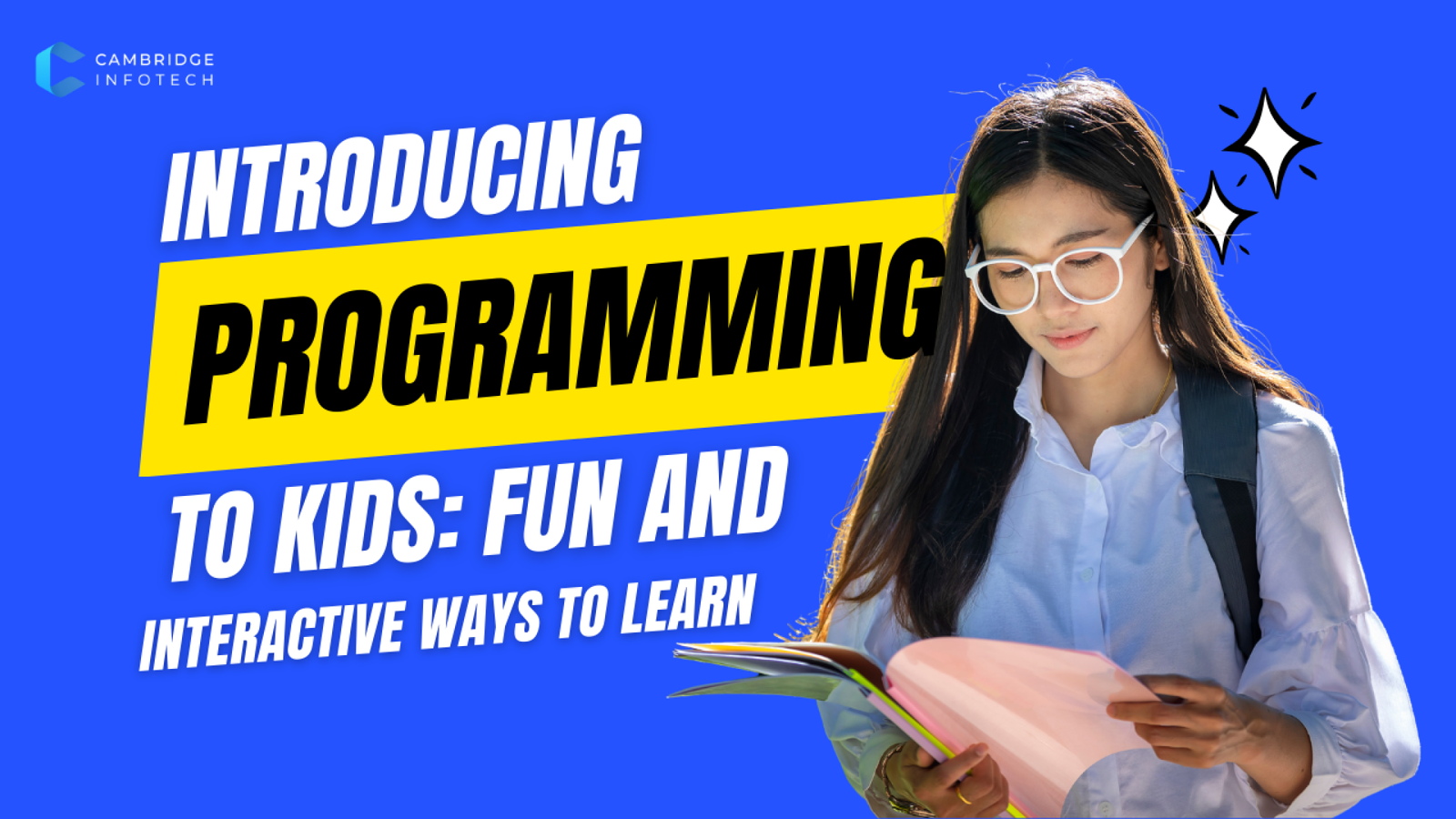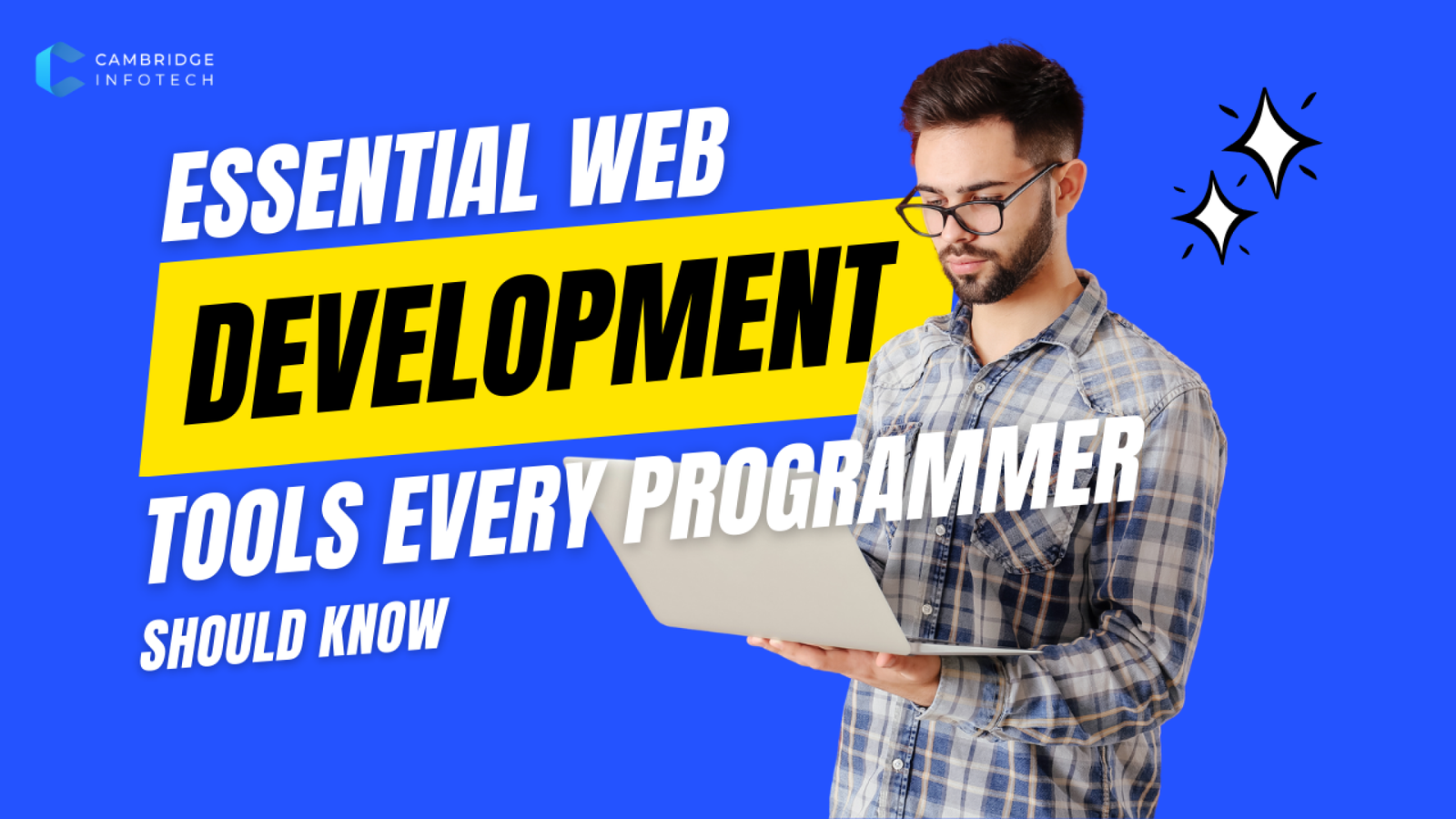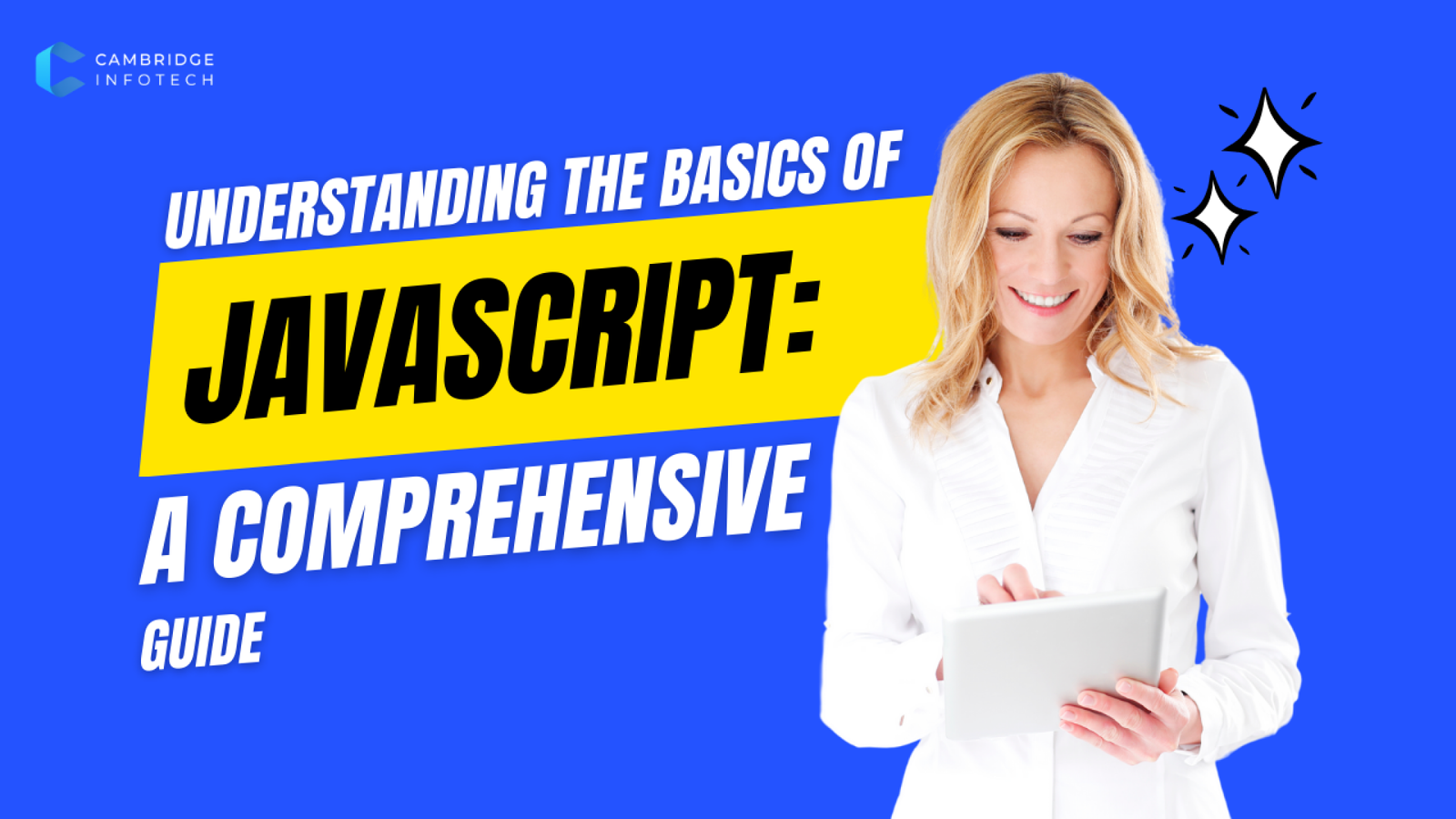Currently Empty: ₹0.00
How to Learn Coding from Scratch: An Ultimate Guide for Beginners
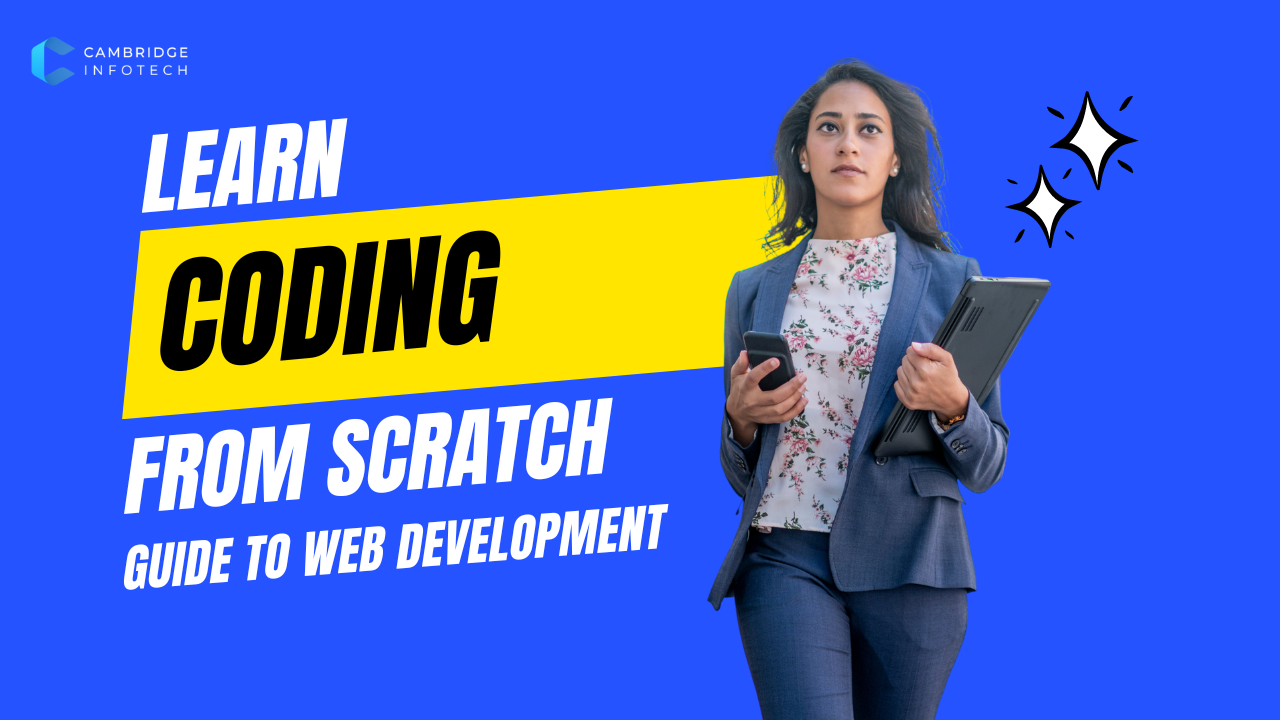
The Beginner’s Blueprint to Mastering Coding: Your Ultimate Guide to Starting from Scratch
Introduction
Welcome to the incredible world of coding! Imagine being able to bring your creative ideas to life, solve real-world problems, and even kickstart a lucrative career, all through the power of coding. Sounds exciting, right? But if you’re wondering where to begin or feeling a tad overwhelmed, fret not! This guide is tailored just for you. Today, coding is not just for tech wizards behind screens; it’s for anyone with curiosity and a drive to learn. So, let’s demystify coding together and outline an exciting journey from zero to coding hero.
Getting Started with Coding
Understanding the Basics
Coding is essentially communicating with computers. It’s about writing the instructions that tell a computer what to do. The beauty of coding lies in its problem-solving nature and its significance in everything from websites and apps to gadgets and games. Choosing among programming languages like Python, JavaScript, or Ruby is like picking the right tool for the job, each with its unique use and flair. And remember, the mindset for learning to code involves curiosity, patience, and a willingness to experiment and fail.
Setting Realistic Goals
It’s crucial to set achievable goals. Whether you dream of building your own app or changing careers, remember that coding is a marathon, not a sprint. Start with short-term goals like completing a coding challenge or building a small project. These milestones will keep you motivated and on track.
Choosing the Right Resources
The debate between online courses and bootcamps is common, but it boils down to your learning style, budget, and schedule. Platforms like Codecademy, freeCodeCamp, and even YouTube offer a wealth of knowledge for beginners. And don’t forget, the best resource might just be a mix of free and paid options depending on your specific needs.
Selecting Your First Programming Language
Popular Languages for Beginners
- Python: Renowned for its simplicity, making it ideal for starters.
- JavaScript: The go-to for aspiring web developers.
- Ruby: Known for having a readable syntax that’s easy for beginners to grasp.
Factors to Consider
Think about what excites you. Want to dive into web development? JavaScript might be your best bet. Eyeing data science? Python could be the way to go. Also, consider the job market and available community support, as these will be invaluable resources on your learning journey.
Resources to Begin Learning
Start with courses designed for absolute beginners. Interactive websites like Codecademy or platforms like Udemy offer structured paths that gradually build up your knowledge. Books, although considered old-fashioned by some, are also a great resource, as are community forums and study groups.
Building a Solid Foundation
Core Concepts to Master
Grasp the basics like variables, control structures, loops, functions, and error handling. These concepts are universal across programming languages and form the backbone of any coding project.
Practicing with Projects
Dive into coding by working on projects. It could be something as simple as a calculator or a basic website. The key is to apply what you’ve learned and not be afraid of getting stuck. That’s part of the learning process.
Feedback and Iteration
Share your code for feedback, engage in code reviews, and learn the importance of writing clean, readable code. Document your learning journey and don’t shy away from starting over. Remember, every coder was once a beginner.
Advancing Your Skills
Exploring Advanced Topics
Once comfortable with the basics, challenge yourself with advanced concepts like Object-oriented programming (OOP), data structures, algorithms, web development, and querying databases. These skills will deepen your understanding and open new doors.
Creating a Portfolio
Showcase your journey and achievements. A well-crafted portfolio is your ticket to grabbing attention in the job market. Include diverse projects that display your skills and make sure to utilize platforms like GitHub to share your work.
Networking and Learning
Never stop learning. Tech evolves rapidly, and keeping up to date is key. Participate in meetups, coding communities, and online forums. Learning from your peers and staying connected can lead to opportunities and enrich your understanding of coding.
Landing Your First Coding Job
Resume Tips for Coders
Your resume should highlight coding projects, relevant skills, and any tech-related experience. Personalize it to reflect why you’re a great fit for the job. And yes, a personal website showcasing your work can set you apart from the crowd.
Preparing for Interviews
Get comfortable with common interview questions and coding challenges. Leverage resources like LeetCode for practice. Consider mock interviews with friends or mentors to build confidence.
Getting Real-world Experience
Start freelancing, contribute to open-source projects, or look for internships to gain hands-on experience. Volunteering for tech non-profits can also be a rewarding way to build your portfolio and network.
Summary
Embarking on a coding journey is both thrilling and challenging. From choosing your first language to landing your first coding job, every step you take builds towards your ultimate goal. Remember, perseverance, practice, and continuous learning are your best allies. Embrace the challenges, and let your passion for coding drive you forward. Happy coding!
FAQs
Q. How long does it take to learn coding?
A: It varies widely depending on your goals, dedication, and the resources at your disposal. Many beginners can start building small projects within months, but mastering coding takes ongoing practice.
Q. Can I learn coding without any background in math or science?
A :Yes! Coding is about problem-solving and logic. While math or science can help, they’re not prerequisites for success in coding.
Q. What should I do if I feel stuck or overwhelmed?
A: Take a break, seek help from coding communities, or switch to learning a different concept. Remember, it’s a normal part of the learning process.
Q. Is it possible to land a coding job without a degree?
A: Absolutely. A portfolio showcasing your skills and projects can often speak louder than a degree in the tech industry.
Q. How do I stay motivated throughout my learning journey?
A: Set realistic goals, celebrate small victories, and connect with fellow learners. Remember why you started, and keep that goal in sight.


